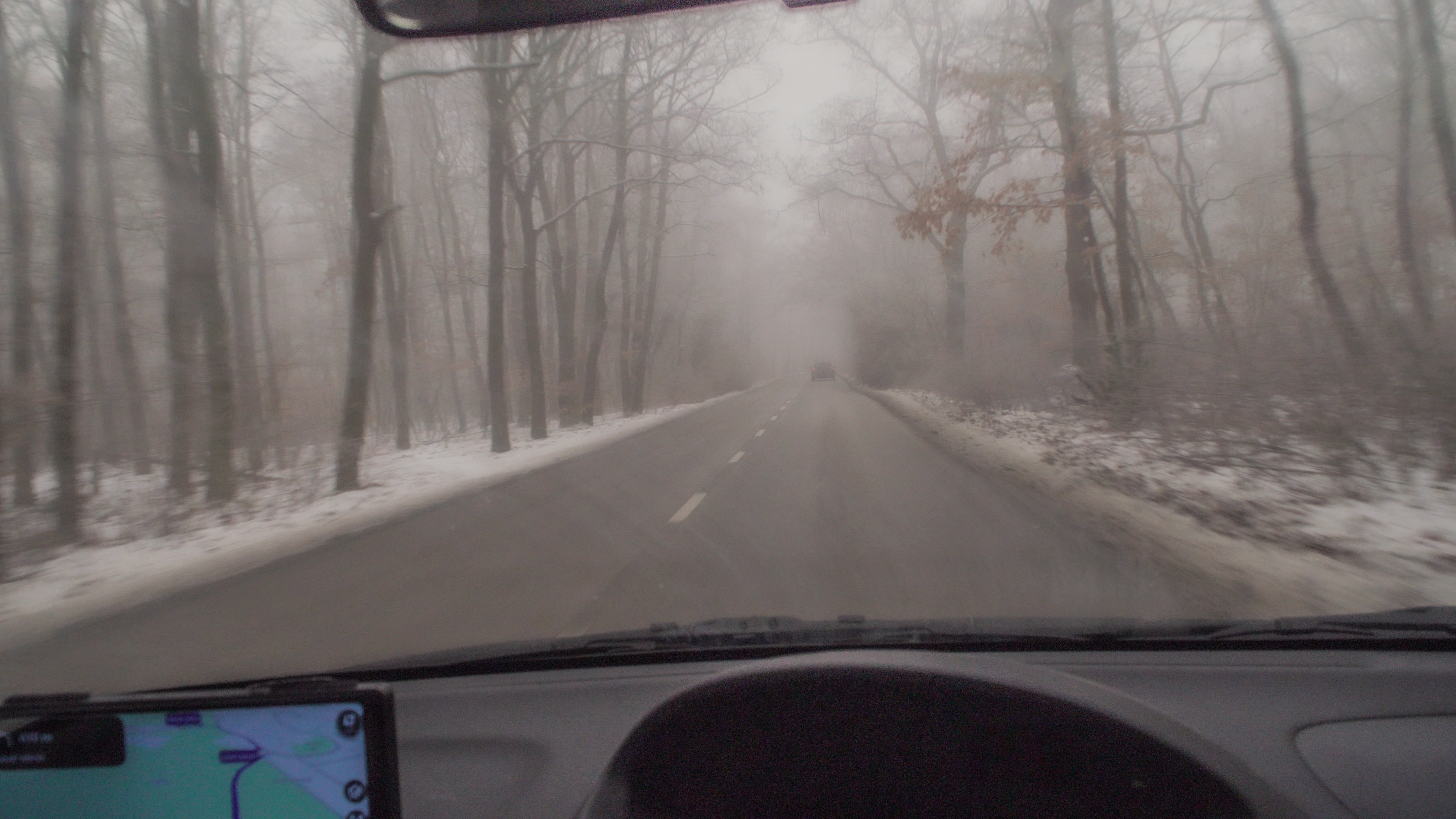DRIVE
Jurányi
Art Incubator House (Budapest)
x
HochX Theater und Live
Art (Munich)
Since the 1990s there has been a growing presence of German automotive corporations in Hungary, while the car industry itself has become a core symbol of the highly complex capitalist system. It shapes all of our lives. The assembly line never stops, the pace keeps increasing, and our performance is continuously being optimised. Every two minutes, a car leaves the factory; every two months, a new theatre production premieres. Consumption creates jobs that further fuel consumption, while the gap between social classes continues to widen.
An actor and two union workers from two German premium car factories operating in Hungary turn their gaze toward this structure. Three personal stories that now intersect. In this state of constant acceleration, could it already be an act of solidarity and resistance to take time to get to know one another—and to imagine ourselves in someone else’s position?
DATES:
Hungarian premiere: 6-7th of March, Jurányi House, Budapest 🇭🇺German premiere: 9-10th of April, HochX, Munich 🇩🇪
30th of April, 1th of May, Lichthof Theater, Hamburg 🇩🇪

Performers:
Viktória Zsanett Lantos
Zsolt Nagy
Sándor Németh
Video: Márton K. Takács, Lambert Strehlke
Music: Márton Kristóf
Lighting and Sound Technician: Bala Szabon
Video Technician: Tibor Kiefer
Assistant Director: Anita Totobé
Production Manager: Dániel Mayer
Tour Assistant: Eszter Lovrity, Brigitta Kovács (Next Stage+)
Consultant: Tibor Meszmann
Outside Eye: Judit Böröcz
Concept and Creators: Kristóf Kelemen, Tímea Török, Teresa Lucia Rosenkrantz
The production is realized within the framework of the Staféta Programme of the Municipality of Budapest.
Production partner: SzínMűHely Foundation
Coproduction partners: FÜGE Produkció, Goethe-Institut (International Coproduction Fund)
Supporters: Staféta Programme, Municipality of Budapest, FÜGE Produkció, Free and Hanseatic City of Hamburg, European Union
The project is realized in cooperation with the Goethe-Institut (International Coproduction Fund).
Funded by the Free and Hanseatic City of Hamburg, Ministry of Culture and Media.
We thank the Örkény István Theatre for their support.Funded by the European Union. Views and opinions expressed are however those of the author(s) only and do not necessarily reflect those of the European Union or the European Education and Culture Executive Agency (EACEA). Neither the European Union nor EACEA can be held responsible for them.